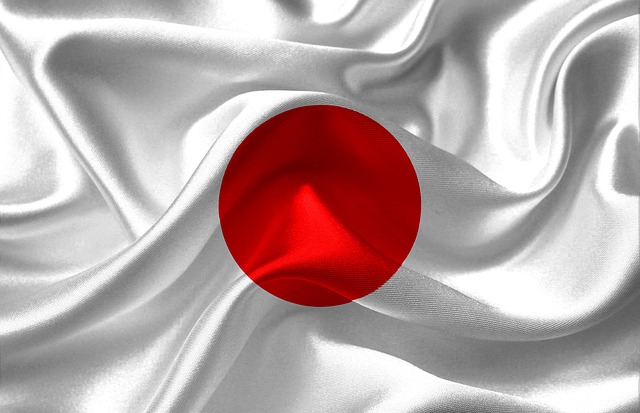June 15, 2023
In an effort to lower carbon emissions, the Japanese government revised the nation’s plans to use more hydrogen as fuel.
The plan’s ambitious goal is to boost the annual supply from its current level to 12 million tons by 2040, a six-fold increase. Additionally, it commits 15 trillion yen ($107 billion) in funding from both public and private sources to develop supply chains for hydrogen during the subsequent 15 years.
In order to bridge the shift to renewable energy, Japan’s decarbonization policy focuses on employing so-called clean coal, hydrogen, and nuclear energy.
However, other developed Western nations are pushing for a quicker adoption of renewable energy sources like solar, wind, and geothermal, despite the fact that Russia’s assault on Ukraine has heightened concerns about energy security and hampered that endeavor.
Japan currently relies primarily on hydrogen produced by fossil fuels.
According to some analysts, tactics like commercializing the use of hydrogen and ammonia primarily serve the needs of large corporations and influential industries that have a significant financial stake in fossil fuel-based technologies and influence governmental legislation.
The updated strategy gives priority to nine vital areas, including the creation of water electrolysis machinery, fuel storage batteries, and enormous hydrogen tankers.
“Hydrogen is an industrial sector that can make a triple achievement of decarbonization, stable energy supply, and economic growth in one shot,” Chief Cabinet Secretary Hirokazu Matsuno stated during the Cabinet meeting on Tuesday. “We will heavily promote (hydrogen), both supply and demand.”
Japan’s top officials claim they want to create a “hydrogen society,” yet the sector is still in its infancy. In order to assist the development of the necessary infrastructure and supply networks for the commercial use of pure hydrogen and ammonia, another source of hydrogen, the government is still writing regulations.
Prime Minister Fumio Kishida stated that Japan intends to build a “Asian zero-emission community,” providing Japanese technology in hydrogen, ammonia, and other decarbonization technologies, at a hydrogen council meeting with industrial executives last week.
By establishing an ambitious objective, Kishida explained, “we hope to increase the predictability of our plans and encourage long-term investment in creating a large-scale hydrogen supply and demand.”
Source: AP NEWS
Legal Notice: The information in this article is intended for information purposes only. It is not intended for professional information purposes specific to a person or an institution. Every institution has different requirements because of its own circumstances even though they bear a resemblance to each other. Consequently, it is your interest to consult on an expert before taking a decision based on information stated in this article and putting into practice. Neither Karen Audit nor related person or institutions are not responsible for any damages or losses that might occur in consequence of the use of the information in this article by private or formal, real or legal person and institutions.






